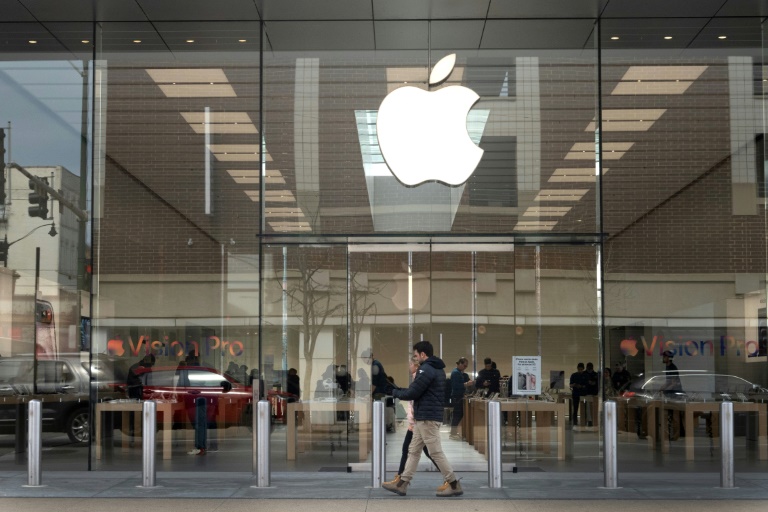The Telecom Regulatory Authority of India (TRAI)‘s mandate of separate voice and SMS plans may negatively impact private telcos as they have been investing heavily in data-related services.
TRAI has asked telecom operators to come up with plans for basic services like voice and SMS specifically for the elderly, feature phone users and rural folk. It stated that such special tariff vouchers would be cost effective and help with market segmentation.
Revenue impact
Sumeysh Srivastava, Associate Director-Public Policy at The Quantum Hub said the new plans will impact company revenues as well as business models.
“Right now most of the packs come with free calling because it’s bundled along with the data. So, the revenue they get is mostly from the data usage, which is why they’re able to offer calls and SMSs for free. Now, if they’re only having to offer a calling pack, then they will start charging for calls as well,” he said.
Srivastava argued, that with such alternatives, users won’t have an incentive to really upgrade to 4G or 5G. This may spell trouble for telcos, who have invested a lot in the 5G infrastructure.
- Also read: TRAI recommends additional 5 MHz spectrum in the 700 MHz band for Indian Railways
Spanner in the works
“The idea was that they will be able to pay back a lot of the money they have put in for the infrastructure in the future. But now, with this move, it sort of puts a spanner in the works because now it is possible for people to use a smartphone but not experience data,” he said.
Independent telecom expert Parag Kar in his assessment of the mandate said that telcos will likely just remove data bundles from existing voice plans in response to the TRAI directive. However, if compelled to introduce low-cost plans, the move could “erode the financial gains achieved through recent tariff hikes” leading to a significant business challenge, according to Kar.
In earlier letters to TRAI, telcos Vodafone Idea (Vi) and Bharti Airtel Ltd (Airtel) had said that tariffs in India are already cheaper than those across the globe, leaving little room for revisions.
“There is not much price elasticity available in the lower end of the tariff packs. The packs are available at as low as ₹ 6-7 per day for Voice+SMS,” said Vi.
Meanwhile, Airtel said that a selective intervention on one particular aspect of tariff will force service providers to adjust or rebalance other important aspects of tariff.
On the other hand, Mahesh Uppal, Director of Com First (India), said the new plans will only have a marginal impact on revenue.
Suggesting a format
“It’ll have a very marginal impact on companies. The companies will have a fallback position because they have freedom to price services as they wish. The only thing that TRAI seems to be doing is suggesting a format. It’s basically just a matter of billing. What happens in the operator’s billing system should not affect the rollout of the service,” he said.
When asked about customer benefits, Uppal said separate plans will help increase transparency for users in selecting the appropriate plan. However, he added, “I don’t think that by any stretch of imagination, this will necessarily increase affordability because the companies may decide to offer this service at a high price. What the TRAI is doing, is telling them how to charge, not how much to charge.”








Leave a Comment